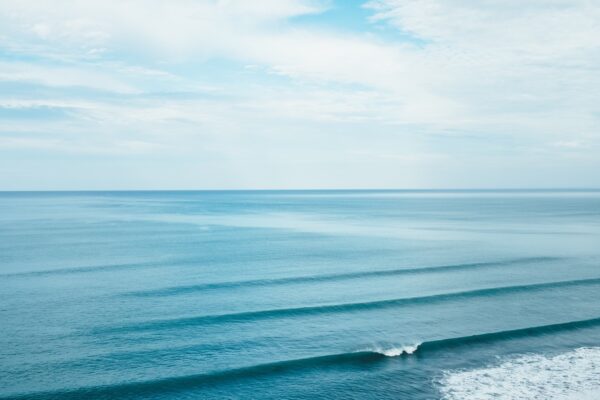The UK Government has responded to the consultation responses received following the June 2022 consultation process which set out the aims for net gain policy for the marine environment and development within it. Marine Net Gain will only apply to developments below the mean low water mark in England. A summary of the response from the UK Government to the consultation is set out below:
The 25 Year Environment Plan and the Environmental Improvement Plan are driving the implementation of both biodiversity net gain (BNG) and marine net gain (MNG) in England, which is an approach to development that aims to leave the marine environment in a measurably better state than beforehand. The 25 Year Environment Plan pledges to ‘reverse the loss of marine biodiversity and, where practicable, restore it’ and the Environmental Improvement Plan confirms that we are developing MNGpolicy, exploring its potential to protect and restore habitats and species.
Net gain is an approach to development that aims to leave the natural environment in a measurably better state than beforehand. This means protecting, restoring, or creating environmental features that are of greater ecological value to wildlife, habitats and people than any losses associated with the new development.
Photo: Mathyas Kurmann
Consultation process
In 2018, the UK Government consulted on making BNG mandatory for new development on land, and respondents suggested that net gain principles should be extended to marine developments.
In June 2022, Defra published its consultation on the principles of MNG which set out the aims for net gain policy for the marine environment and development within it. The main part of the consultation set out the proposed core principles of MNG and sought views on whether to mandate net gain for marine developments, the scope of MNG and how net gain could be applied.
UK Government response to the MNG consultation & next steps
This consultation has confirmed strong support from a wide range of stakeholders for the principles of MNG and for the government to continue developing the detail of the policy. We welcome this engagement and will now commission the evidence needed to take these proposals forwards. This will be shaped by the views of stakeholders who will be invited to contribute to policy development.
Key actions in the next phase of policy development are:
- develop an assessment framework forMNG delivery, further considering the options of a contributions-based approach and a suitable simple metric to assess impacts and interventions in the marine environment
- create and run proof of concept projects for the assessment framework
- develop detailed policy on the implementation and delivery ofMNG as part of planning decisions
- carry out a full impact assessment of the benefits and cost of implementingMNG
- seek appropriate legislative powers, as needed, to introduceMNG requirements
After the policy has developed in conjunction with stakeholders, Defra will hold a further consultation with stakeholders prior to any implementation.
A huge opportunity for delivering nature recovery at sea
Natural England’s Jonathan Burney, Director of Marine Strategy and Government Advice, stated that the statutory advisor’s view is that MNG represents a huge opportunity for delivering nature recovery at sea. To support the Government with its policy development, Natural England are kicking off the next phase of evidence building work around MNG.
First, investigating which habitats and species have the most potential for restoration, recovery and enhancement, through our Marine Restoration Potential and enhancement project (MaRePo+). Second, mapping where our most Marine Irreplaceable Habitats (MIH) occur, and third, to explore possible ways to measure and compare marine development impacts, offsets and ensure marine environmental gains can be delivered.
The full response from the UK Government can be read here.
